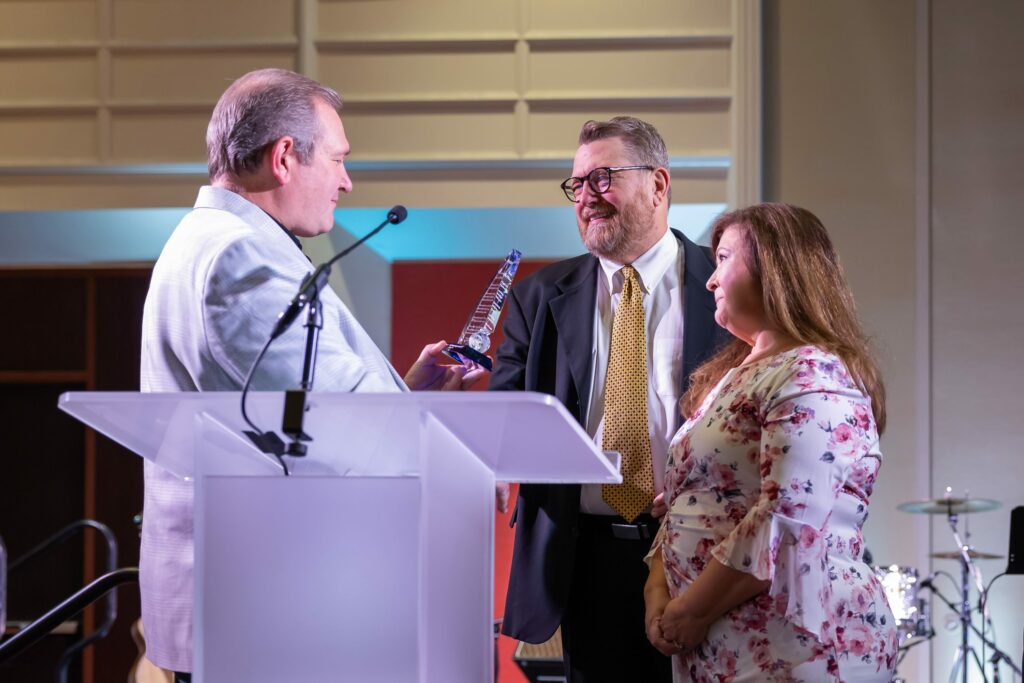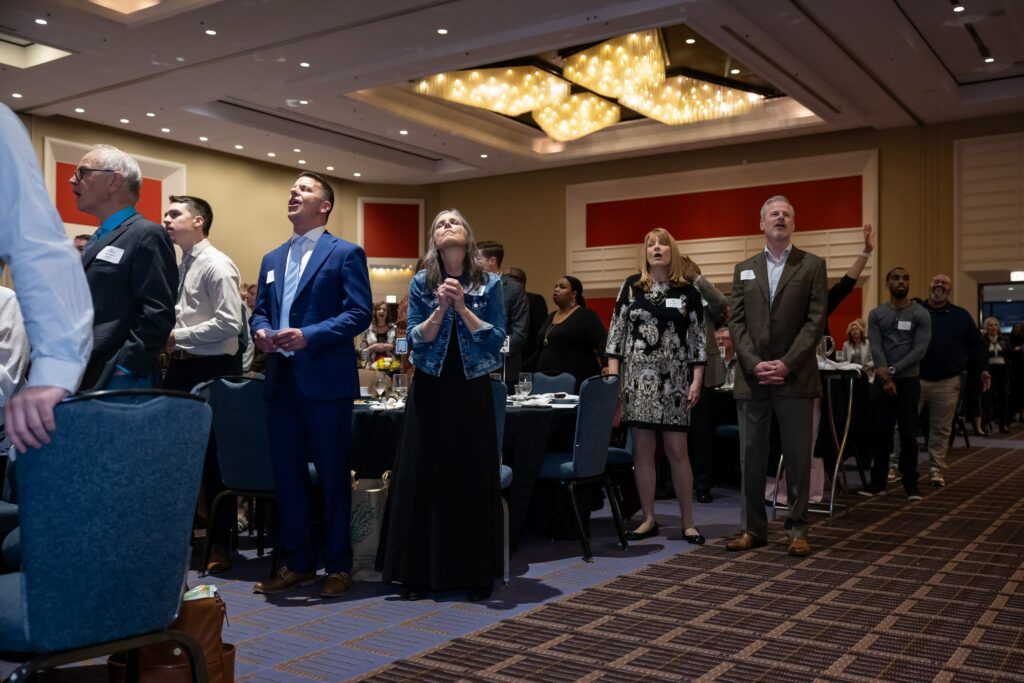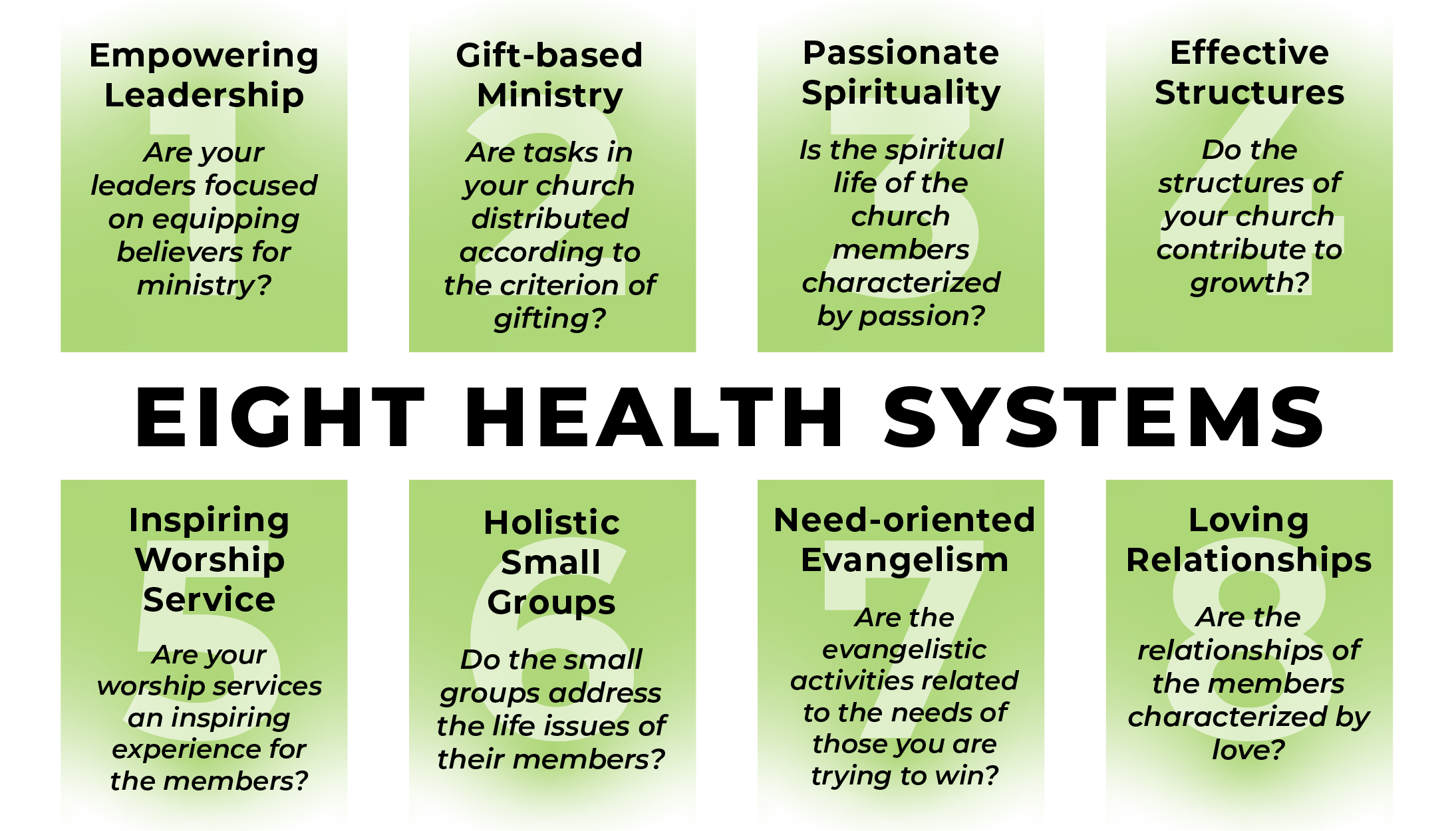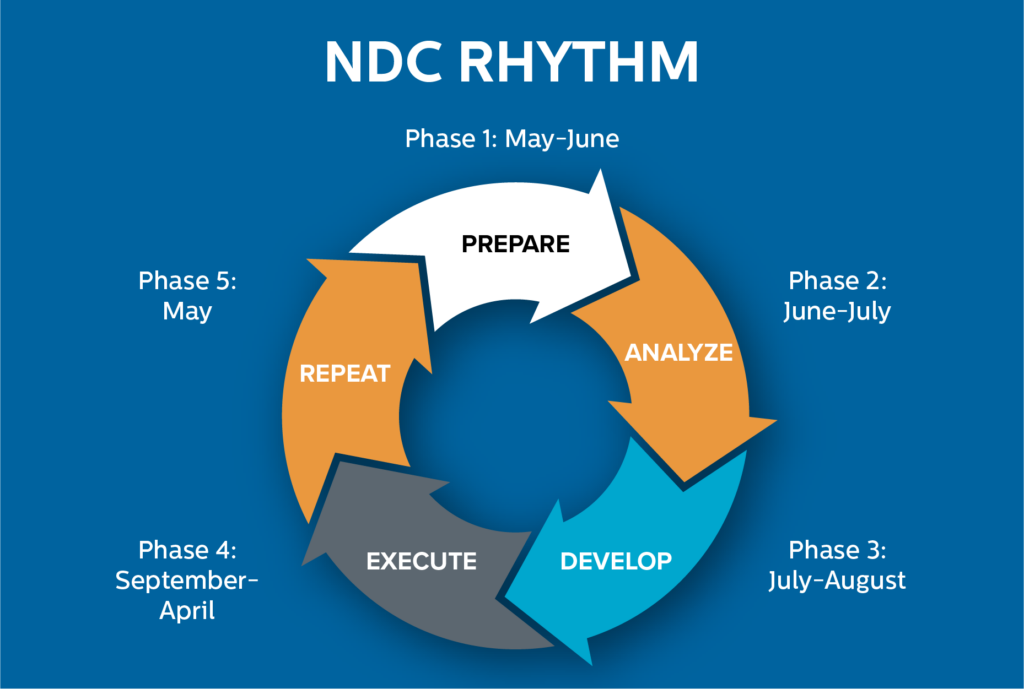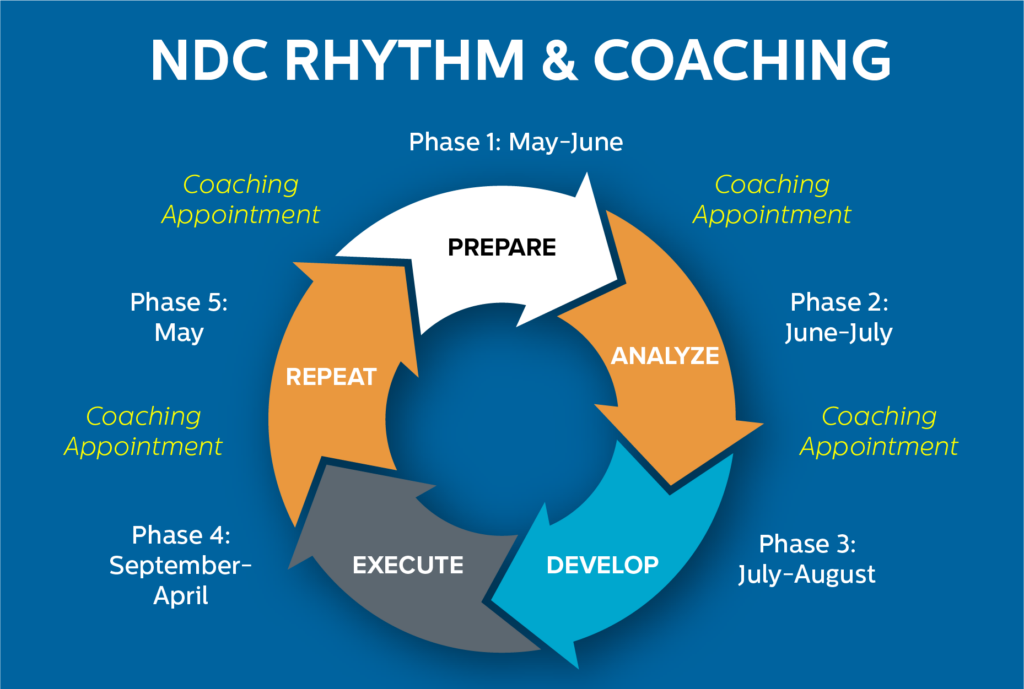Natural Church Development (NCD) has emerged as a transformative tool for congregations aiming to enhance their spiritual health and growth. This innovative assessment, developed by Christian Schwarz, delves into the vital aspects of church growth, enabling congregations to identify strengths and areas for improvement. By sharing insights from two churches—High Hill Christian Church and Lighthouse Baptist Church—we can see the incredible impact NCD has had on their journeys towards health and revitalization.
High Hill Christian Church – High Hill, MO
Pastor Robert Gentry of High Hill Christian Church has integrated NCD into his church’s strategy, completing three assessments with a fourth underway. Pastor Gentry’s initial exposure to NCD came through his Converge Together Group, where he was captivated by the detailed benefits shared by Bryan Moak. As a former Executive Pastor, Gentry appreciated the data-driven approach of NCD, which provided clear insights into the church’s health and actionable steps for improvement.
Unexpected Insights: The first NCD results aligned with Gentry’s expectations, highlighting known strengths and weaknesses. However, subsequent assessments revealed surprising declines in areas where significant efforts had been made, prompting a reassessment of their strategies. This eye-opening experience led to staff changes and course corrections that have since fostered growth.
Strategic Implementation: High Hill Christian Church formed a Church Healthy team to act on NCD results. Major changes were implemented in Sunday Morning Worship Experiences, an area initially rated poorly. These efforts transformed it into one of their strongest aspects.
Personal Growth: The NCD results also highlighted areas for personal improvement for Pastor Gentry, particularly in preaching. This feedback led him to enroll in Carey Nieuwhof’s Art Of Preaching Academy, enhancing his preaching skills, benefiting the congregation and watching God move in their congregation.
Lighthouse Baptist Church – St Ann, MO
At Lighthouse Baptist Church, Lead Pastor Daniel Duke and Associate Pastor Russ McAllister turned to NCD amidst declining attendance and a lack of salvations and baptisms. Their initial assessment was disheartening, revealing a dying church in dire need of revitalization.
Determined Revitalization: Confronted with disappointing results, the leadership at Lighthouse Baptist Church resolved to reverse their trajectory. They focused on their lowest-scoring areas, implementing strategic changes to foster health and growth. Over three years, their efforts bore fruit, with their NCD score improving from 33 to 66.
Community and Growth: Changes were not limited to worship services but extended to growth groups and other ministries. Despite some resistance to change, the positive outcomes—evident in increased attendance, salvations, and baptisms—affirmed their approach.
Leadership Lessons: For Pastor Duke, the NCD process reinforced the importance of trusting in both the process and church leadership. The tangible results have instilled confidence to continue striving for improvement, even amidst resistance.
Embracing NCD for Church Health
Both High Hill Christian Church and Lighthouse Baptist Church illustrate the transformative potential of the NCD assessment. By providing a clear, data-driven understanding of their health, these churches could make informed decisions, implement strategic changes and witness significant growth.
NCD empowers church leaders to move beyond routine metrics, diving deep into the core systems that constitute a thriving congregation. It offers a path of self-discovery and growth, inspiring churches to unlock their latent potential and foster spiritual renewal, with God at the center.
For churches interested in embarking on this journey, the NCD process offers a structured, insightful approach to achieving health and vitality. By signing up for NCD, congregations can take a proactive step towards embracing change and witnessing the profound impact of a healthy, vibrant church community.
If interested in taking your church through the NCD process, please sign-up today.




